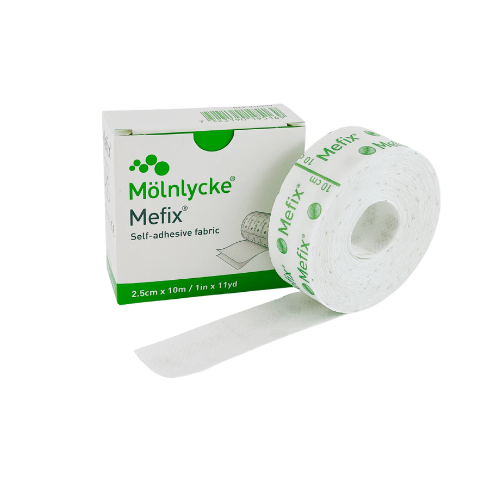Newborns can hear relatively well, though their hearing isn’t fully developed. Fluid in the middle ear and the immaturity of the auditory system slightly reduce hearing at birth. However, newborns are especially sensitive to high-pitched and exaggerated sounds. They are born with the ability to recognize their mother’s voice, a skill developed in the womb, and often respond to it above other voices or sounds.
Signs of Hearing Development:
- Birth to 3 Months: Newborns should startle or react to loud, sudden noises (this is called the startle reflex). They may also calm down when they hear familiar sounds, especially their mother’s voice.
- 3 to 6 Months: Babies begin to show more responses to sounds, such as turning their head toward noises or voices and reacting differently to various pitches.
When to Be Concerned About Hearing:
- If your newborn doesn’t startle at loud noises or never seems to respond to your voice, it’s important to mention this to your pediatrician.
- Newborn hearing screenings are now required in most places, and these tests can detect hearing loss early. However, some types of hearing loss may not show up in the screening, so continue to observe how your baby reacts to sound. If you have concerns, even after a normal screening, consult with your pediatrician.
Early detection and intervention can significantly help if there are any hearing issues, so keeping an eye on your baby’s response to sound is crucial.




